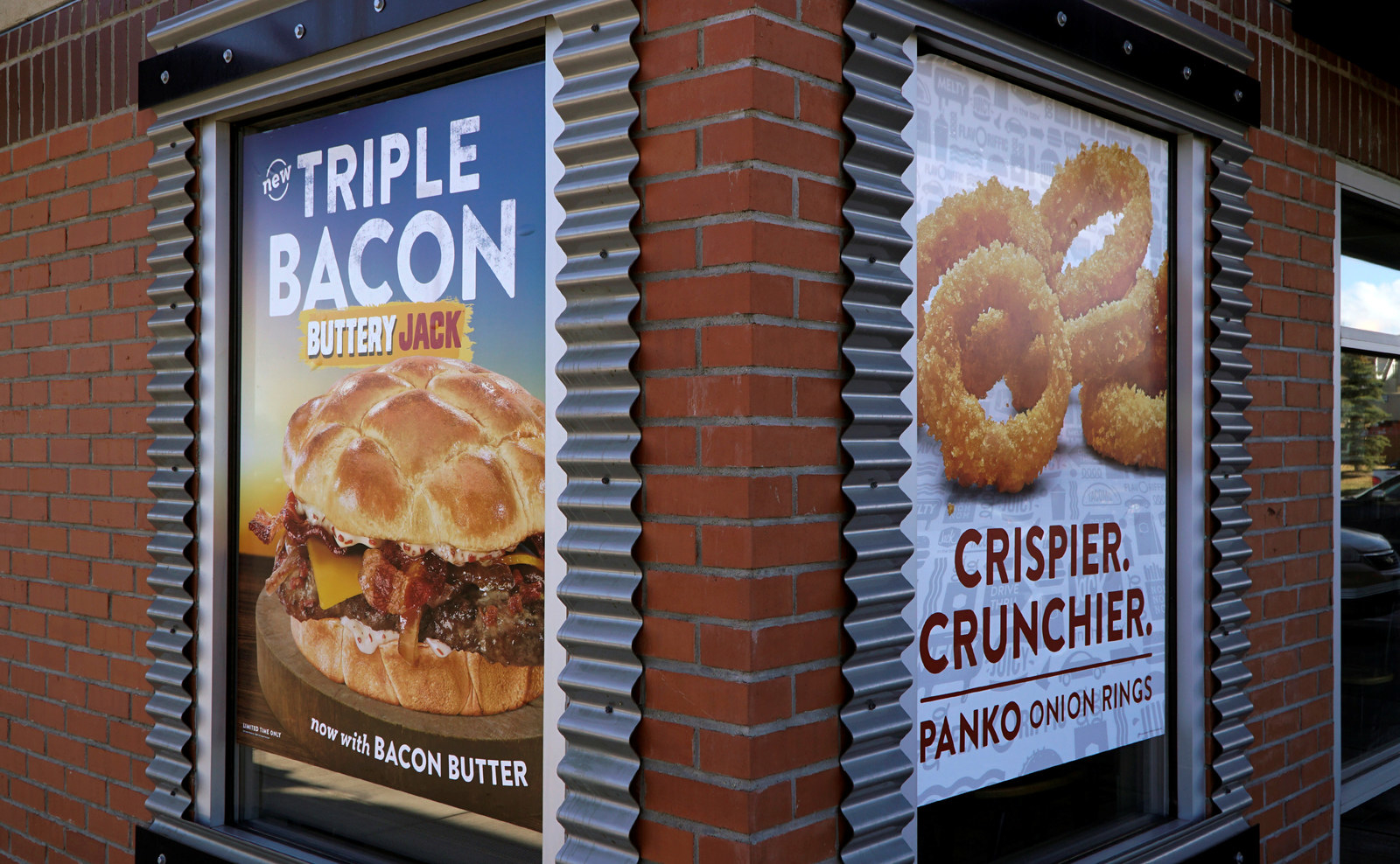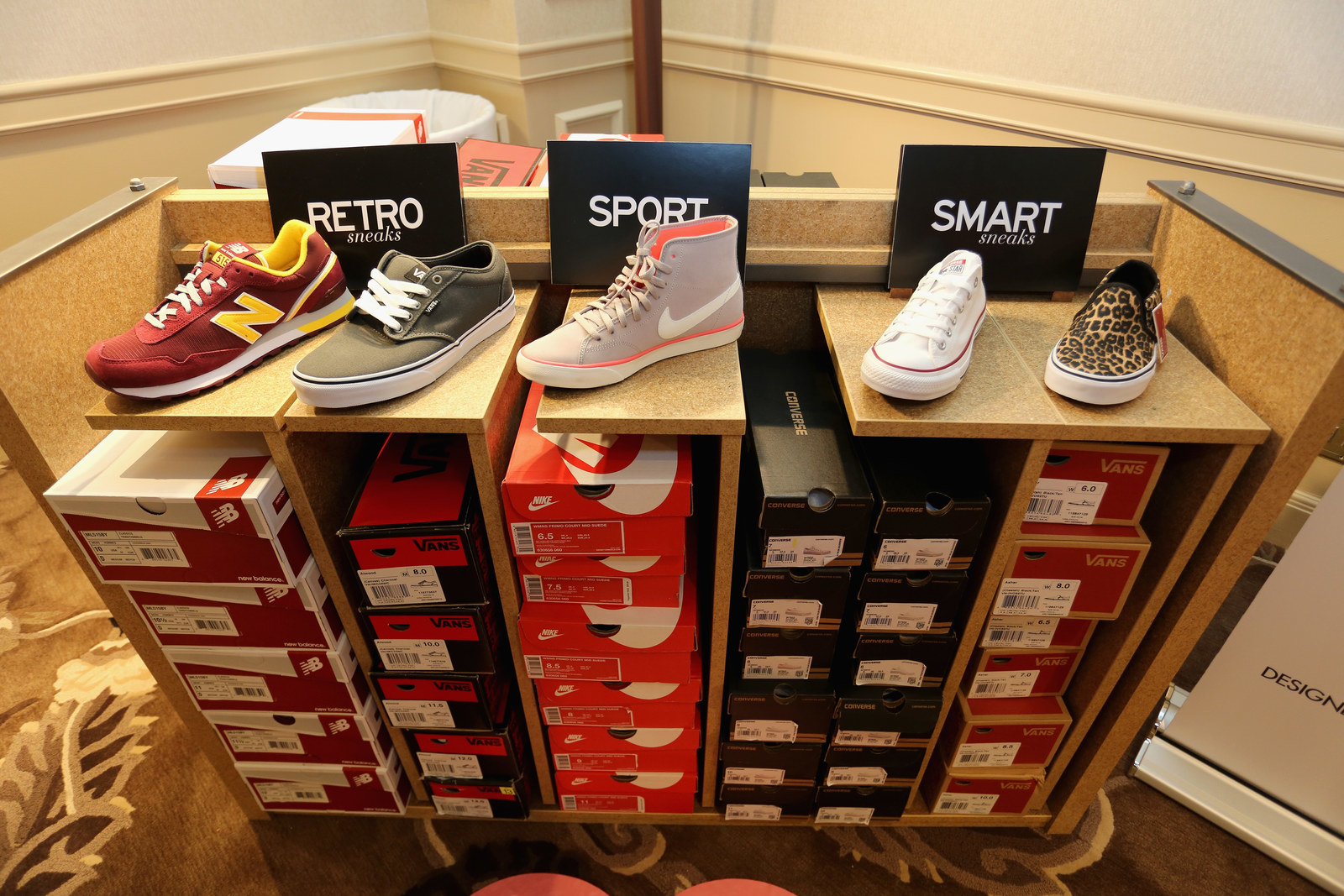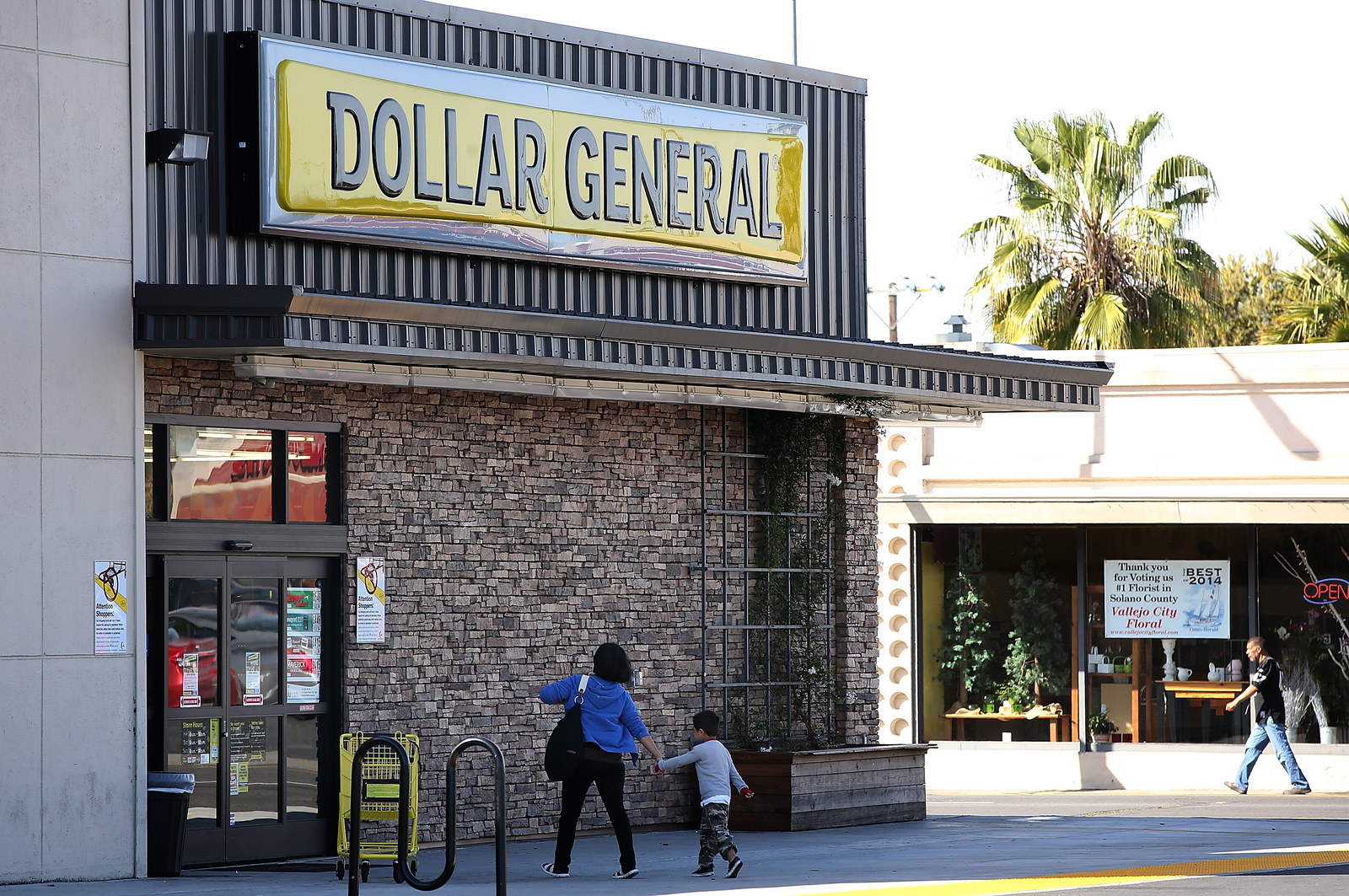
Tax refunds for millions of predominantly low-income Americans have been delayed this year, and the companies where they shop and eat are reporting a slowdown in sales.
For people living paycheck-to-paycheck, tax refunds can be the one time of the year when a little extra money lands in the bank, and sellers of everything from shoes to meals benefit as that cash flows through the system. But with the payments coming weeks later than usual this year, those companies are feeling the pinch.
At Foot Locker, sales in February fell significantly compared to last year, down by "low double digits" on a percentage basis, the company's CEO said in a statement Thursday.
"We believe the delay in the issuance of the vast majority of income tax refund checks until after the NBA All-Star Game significantly affected our February comparable store sales," he said. Shoe makers often release new models to coincide with the game, which took place on February 19 this year.

The timing of the game was out of sync with the IRS, which is now required to delay tax refunds connected to the Earned Income Tax Credit and Additional Child Tax Credit until at least February 15. That new deadline was set by a 2015 law, which pushed back the timing of refunds so that the agency could more closely check for fraud and errors.
Both the EITC and the Additional Child Tax Credit are "refundable," meaning that even if you owe no federal taxes, you can receive the credits as a cash payment, making them very valuable to low-income people who qualify for them. Over 26 million households received the EITC in 2015.
"Next to Social Security, the EITC combined with the refundable portion of the CTC lift more people out of poverty than any other program," according to the liberal Center for Budget and Policy Priorities.
Tax experts and advocates for low income people predicted that delaying the refunds would cause people "additional financial hardships," according to Elaine Magg, a senior research associate as the Tax Policy Center. And that financial stress has shown up in the results of many big companies, who have noticed a dip in spending in the early months of this year.

Fast food chain Jack in the Box had an "abrupt slowdown" in sales in late January and February, the company's head of investor relations Carol DiRaimo said at a March conference. She said the culprits were "largely transitory issues with the delay in tax refunds" and bad weather in California, home to 40% of all Jack in the Box restaurants.
Sales picked up in March "as the tax refunds [started] to come in for the consumers," she said.
Olive Garden owner Darden Restaurants has also cited the delayed refunds. "Delaying the tax refunds was an impact in February," the company's chief executive Eugene Lee said in a March conference call, although the company saw "a little better trends in March."
When shoe retailer DSW told analysts it would also be hit by the delay, one said he was "a little surprised to hear that... just given your customer demographic being a little better off and probably not as sensitive to the timing and flow of tax refunds."
In response, the company's finance chief said a section of its customer base is "exposed" enough to the timing of refunds for it to affect their shopping decisions. Some purchases, like a new pair of shoes, can be held back until extra money arrives.
"When you're looking at discretionary spend, shoes is something that they could probably do without until they have that, there's dollars back in their wallet," they said.

Another shoe retailer, The Finish Line, sent a much less ambiguous message. "February sales were severely impacted by the IRS' decision to delay income tax refunds compared with last year," it said on a call with investors in March. The company's fourth quarter ended on February 25 and it reported a 4.5% drop in comparable sales.
The IRS announced earlier this year that refunds connected to the tax credits, which go out to tens of millions of mostly low and middle income people, would be delayed until the week of February 27. The refunds had typically gone out in January. "The change helps ensure that taxpayers get the refund they are owed by giving the IRS more time to help detect and prevent tax fraud," the IRS said.
In early February, IRS data showed a major slowdown in returns. "Only 20 million returns were filed, compared to about 27 million in each of the three prior years," Magg wrote. "By the first week of February, the agency had processed 6.6 million refunds, compared to over 17 million in each of the prior three years."
Those refunds are big deal for companies whose customers are holding out for them. When they get delayed, it messes with sales, sometimes shifting them from one month to the next, or even causing them to evaporate entirely.
Discount retailer Dollar General noticed the slowdown. "Our early Q1 same-store sales, particularly in February, started out slowly," its CEO said during a March investor call. "However, as customers have received federal income tax refunds, we have noticed some improvement."

The impact can depend on whether customers rely on the refunds to make big purchases, some companies have said. "We're not impacted as much as other retailers by the tax refund," said Jeffrey Boyer, the chief financial officer of home furnishings company Pier 1 Imports.
"We hear that from other retailers, and we've taken a look and have never really seen an issue on our business with that. I think it's because our customer is middle to upper income, and they're not as dependent on a tax refund."
At the end of a Macy's presentation in March, an analyst asked the company's finance chief if it had ever noticed "volatility" in sales based on the timing of tax refunds — and if such swings would "normalize" once returns hit people's bank accounts.
"I think the answer is yes," the Macy's executive said. "Obviously, more so for Macy's than for Bloomingdale's, but yes."
